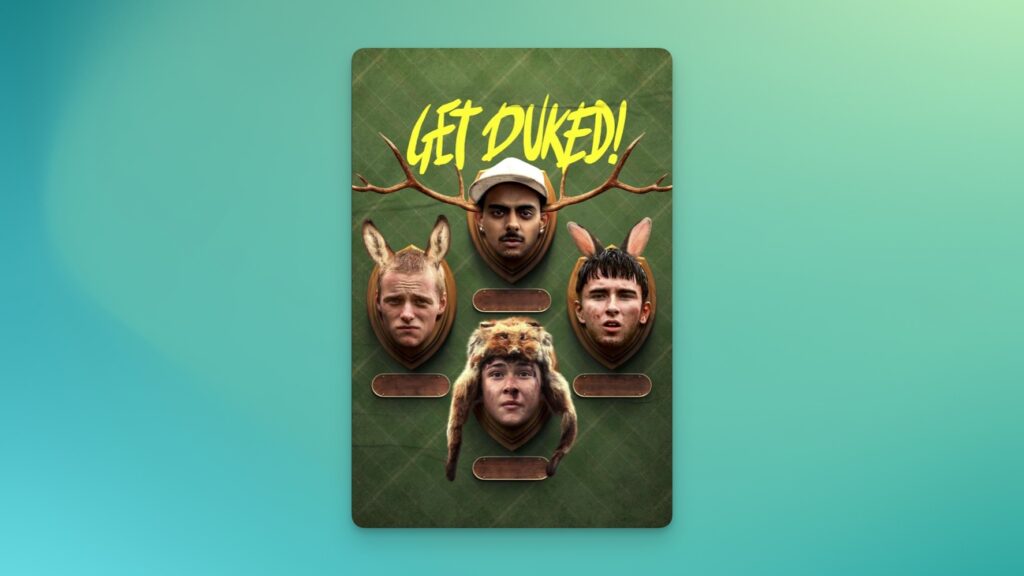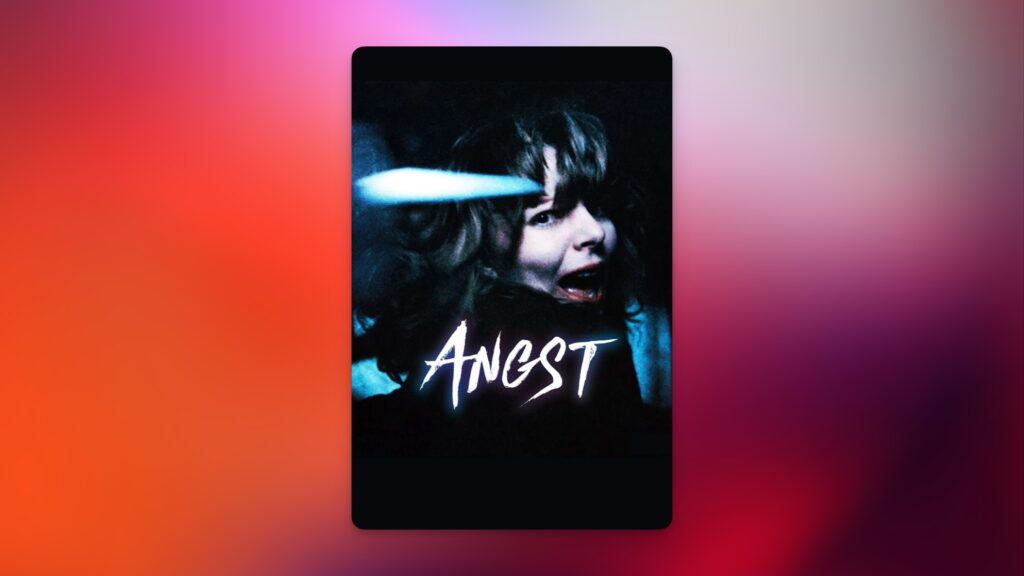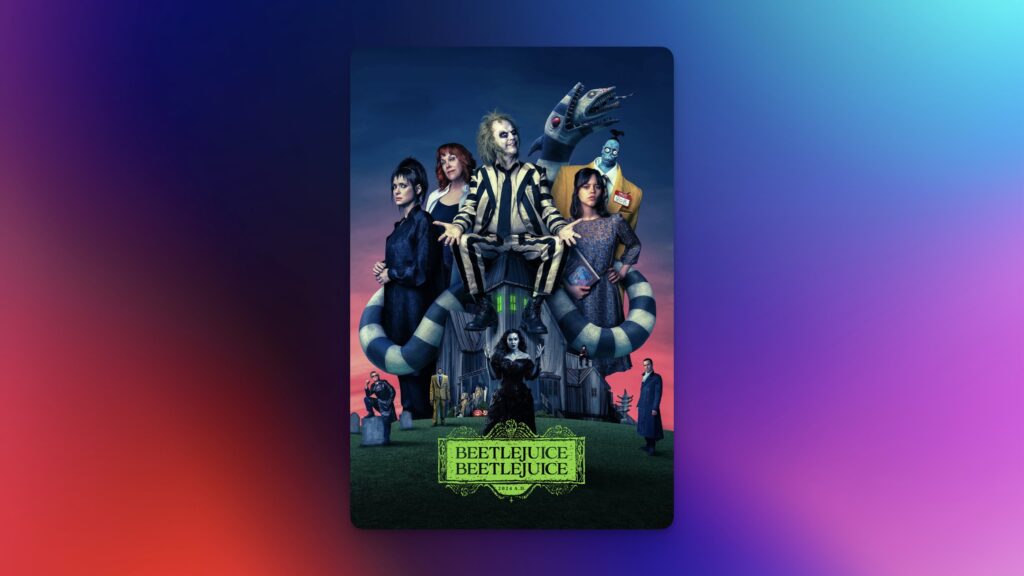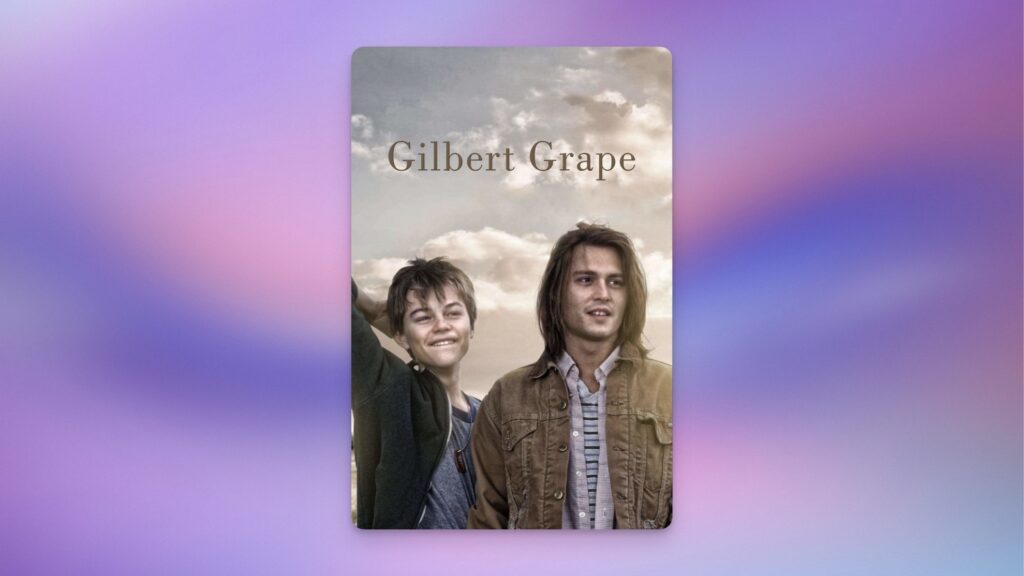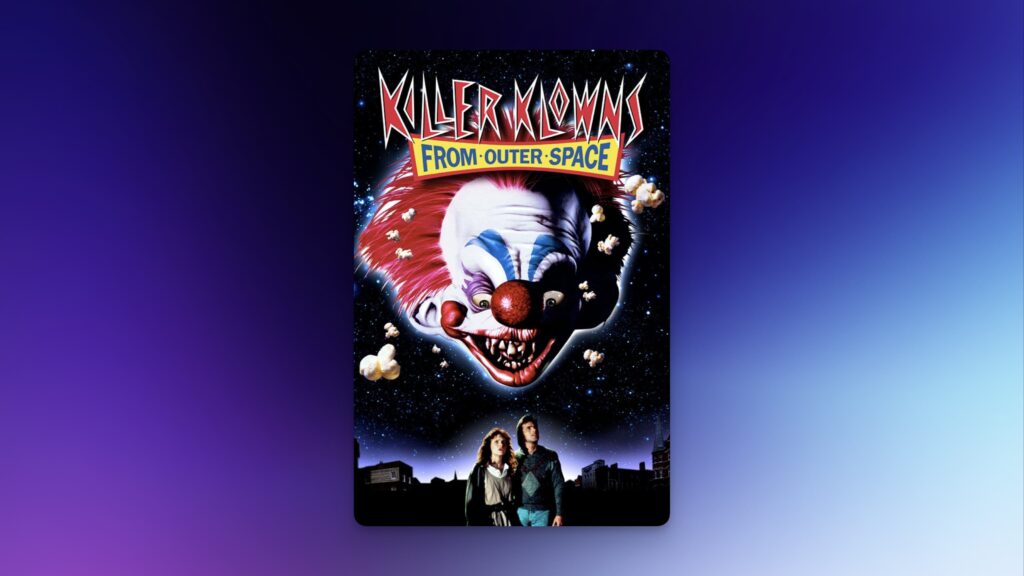There has been much ink spilled from old-school Mac users and their experiences with their first Macs on this, the official birthday of the Macintosh. I was not an old-school Mac user. I was a switcher.
When the first Macintosh dropped, I was using an already-yellowing Apple II in my bedroom, swapping floppies to play through The Bard’s Tale. I remember meeting the Mac for the first time, though. Dad took me to his boss’s house, Jim Lucas, who had bought the first one for his home office. I drew on it with a mouse in MacPaint. I was 12 and gobsmacked.
When we upgraded from the Apple II, Dad picked an IBM P/S2. It wasn’t boring, but it didn’t live up to the pre-Mac Apple in my book. It also introduced the first format battles in our home, as all the computers at school were Apple.
That was it. From then on, I was mostly a PC kid. Through high school and college, I ended up building my own machines, a process I adored and learned a lot. I spent a little time with Dell, then a dalliance with Sony Vaio laptops. I didn’t think much about Macs through those years.
Then I got married, and memories became more important. I picked up what Apple was doing with music, photos, and videos. I would spend my lunch hour at work wandering from Mac to Mac at our local Beaverton Mac Store, typing on them, clicking around. I tortured those guys for a year before I pulled the trigger on my first Mac, the white polycarbonate iBook.
I thought it looked cool. Come to find out, the purists weren’t so keen on it. But it was my entry into the Apple ecosystem. I came to it late. With the exception of a few late-night computer lab sessions in high school, I never really lived with anything before OS X. In fact, that iBook shipped with Cheetah on it, macOS 10.0, when I booted it for the first time. I am a macOS X native.
But there is no doubt that my experience with that first Mac changed my life. There was nothing on Windows that allowed me to work as fluidly in my native language of audio, video, and image as I could on the Mac. There was nothing that allowed me to return to my roots as a broadcaster and launch a podcast business just five years later like I could on the Mac. Most importantly, there was nothing that approached the level of joy on Windows like the joy I had on the Mac, from the tactile experience of using it to the cognitive experience of living with it.
I thought I might try to recover the list of Macs I have owned. Owing to my impulsivity, this might be tricky.
iBook, 2001. Fantastic My First Mac.
iPod Gen 1. Okay, not a Mac. When I did the Switcher campaign, they comped us all one of these.
PowerBook G4 12.1”, 2004. Still a favorite in the line-up. That era of PowerBook keyboards just dominated.
Power Macintosh G5, late 2005. This was a complete coup. I managed to get my Windows-only organization to sign off on a custom G5 just for me since I was doing “new media.” When I left, they didn’t know what to do with it and let me walk away with it, plus two 24” displays. Crazy.
In 2009, things got muddy. I pretty much swapped out a 15” MacBook Pro every two years for a while. At some point, I downsized from the giant G5 to a MacMini in my office closet and a MacBook Air for the road. Production slowed way down for a spell, but I enjoyed the computers.
In 2019, I thought I might be able to do a bunch of work on an iPad Pro. Why do I keep hitting myself in the head with this particular hammer?
OK, 2020. Things get clearer. Over the course of three or four months, I secured an M1 MacBook Air and then an M1 MacMini. Production picked up. A lot. That was a reinvigoration of computing, the likes of which I had not experienced since I got the first iBook nearly twenty years prior. I didn’t stick with those two for long, though, because when the M1 MacBook Pros came out, I sold them both, went back to the single-computer lifestyle, and started driving the M1 MBP Max. It was transformational.
Until I got the M3 MacBook Pro Max, which brings us to the now.
Today’s Apple is as complex an organism as it has ever been. I don’t love the choices they’ve made around developer relations and payments. They look greedy and capricious. My emotional side, unmetered and frustrated, wants to stand up and shout, “That’s not myApple.” But that’s neither fair nor true. It’s also vastly more complicated than this post is meant to be.
This post is about my experience with the Mac and my love of the devices these last 23 years. For that, I don’t need headlines and talk of stock prices and valuations. I don’t need to talk about corporate greed or unfair competition. All I need to do is rub my fingers over the keys of this laptop and enjoy the experience of grazing across 40 years of innovation, evolution, care, and attention that has helped me chart a new path for my career and my family so joyously.
So, thanks, Mac. And, in honor of those of us who fancy ourselves just as crazy as the originals but a few years late, here’s my contribution, an ode to the first Crazy Ones contributed by Rob Siltanen, Lee Clow, and others. We got here, eventually.
Here’s to the late bloomers. The converts. The Switchers. The round pegs who eventually found their round holes. The better late than neverers. The ones who thought the same before they could think different. You can quote them, disagree with them, glorify, or vilify them. About the only thing you can’t do is count on them to be on time. Because they changed things for themselves, just later, they pushed their own lives forward alone for too long. And while some may see them as behind the curve, we see the courage. Because the people who are brave enough to admit they were wrong at first and change course to do what’s right in due time are the ones who inspire us the most.

